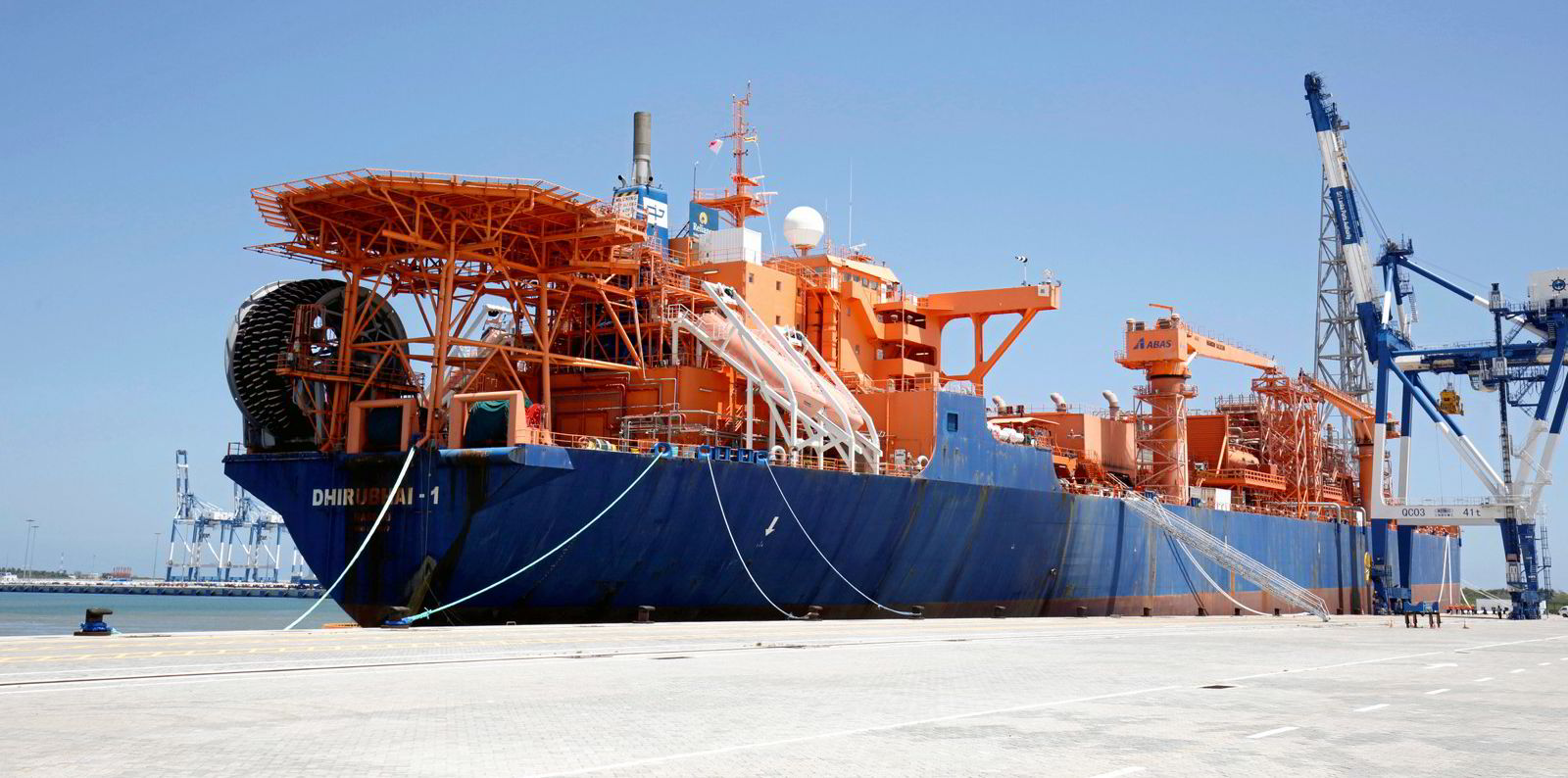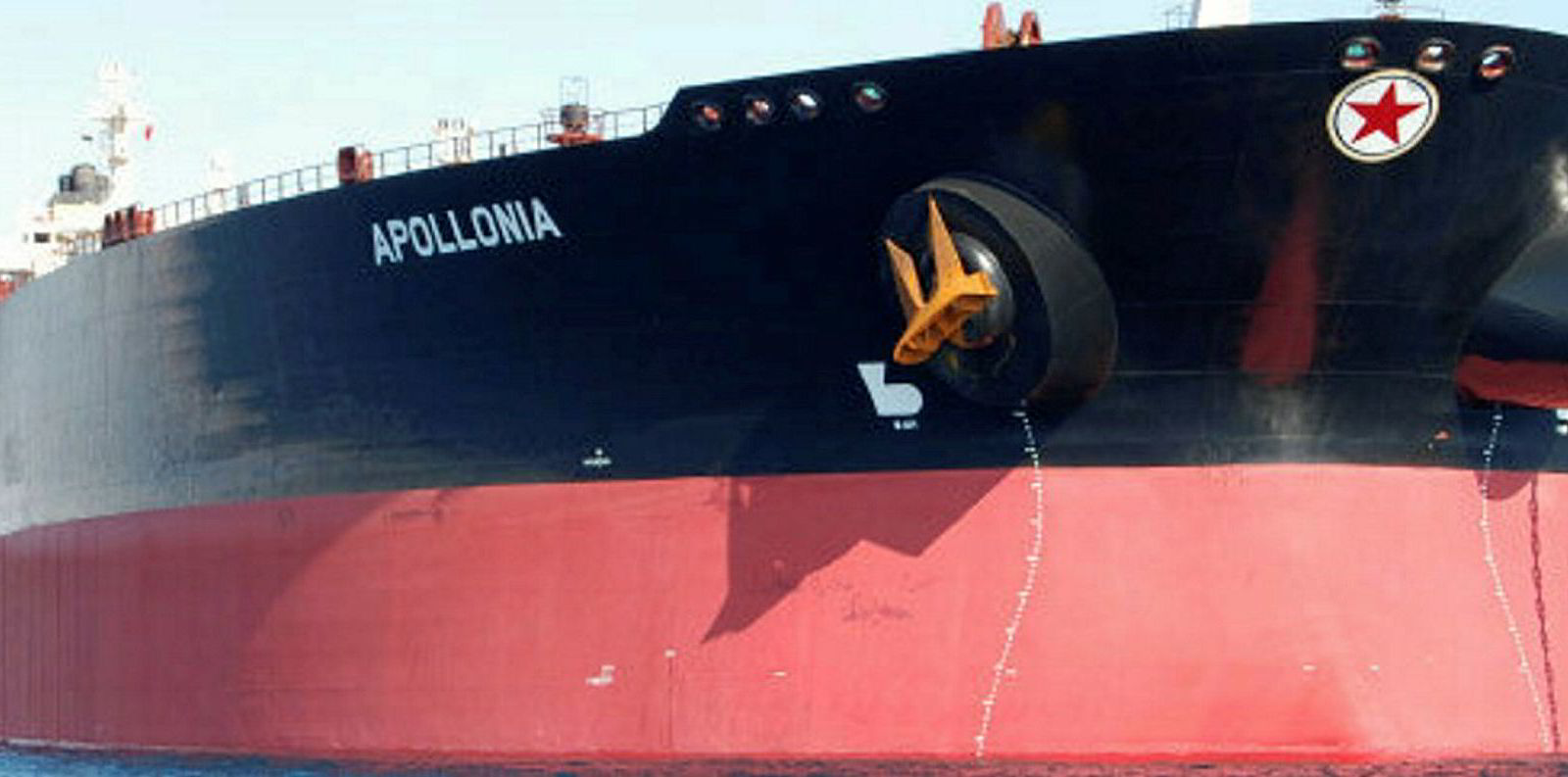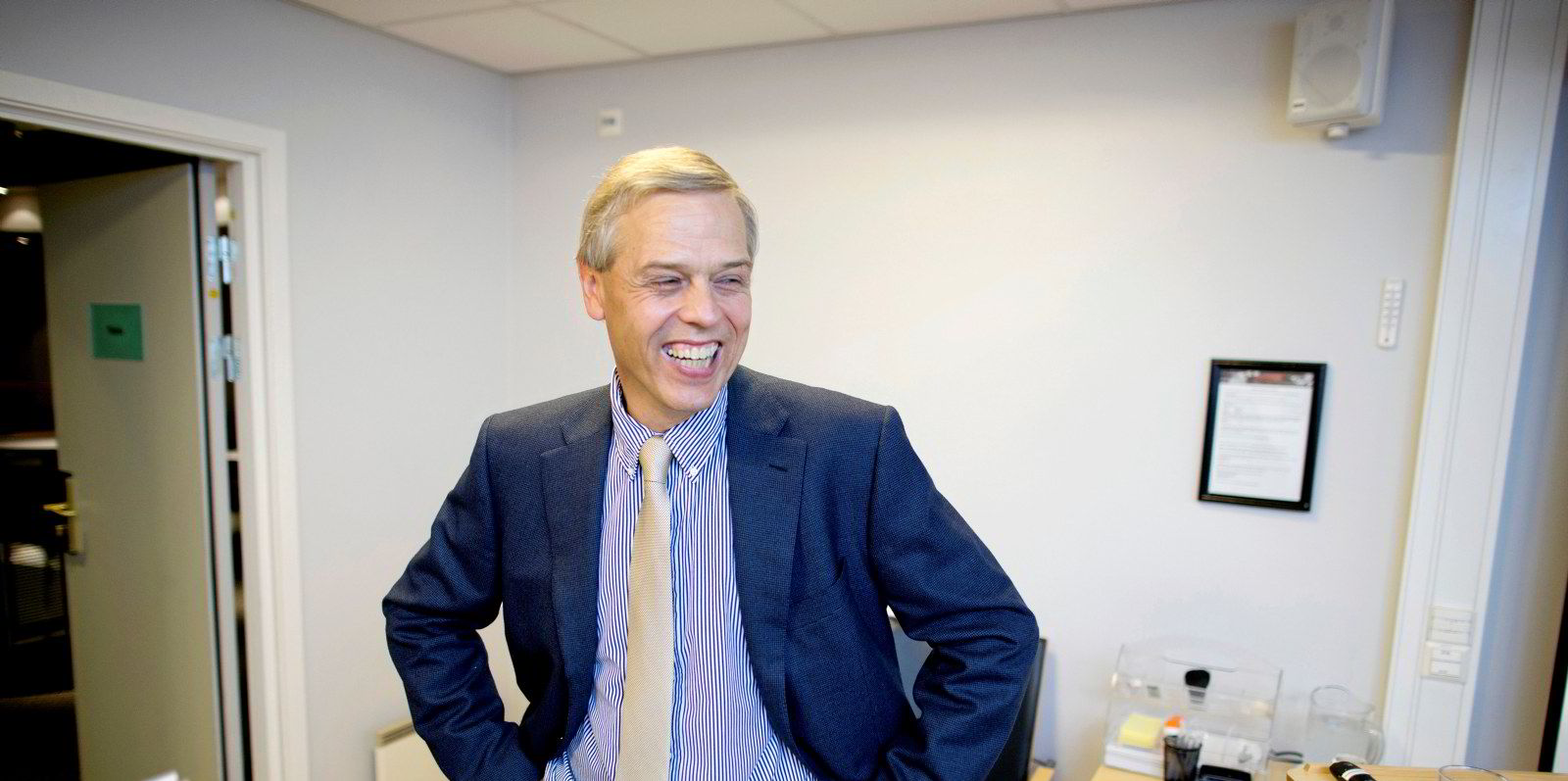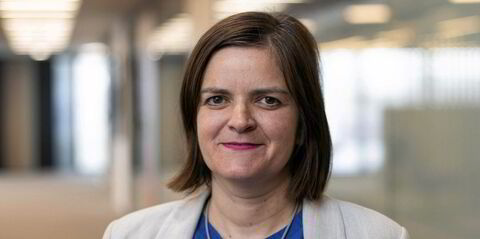Aker Capital can increase the sale price of its controlling interest in lease finance shipowner Ocean Yield by picking up a troublesome asset.
The Kjell Inge Rokke-controlled company made waves this week when it agreed to sell its 61.65% share in lease-finance shipowner Ocean Yield to US private equity fund Kohlberg Kravis Roberts (KKR) for some NOK 7.2bn ($829.5m), at a 26% premium to share value at last close.
KKR's intention is to take the company private, which it can do if it reaches a threshold of 90% of the company's shares.
TradeWinds has learned that selling shareholder Aker holds an option to increase the price per share from NOK 41 ($4.75) to NOK 41.72 if it purchases a floating production, storage and offloading vessel from Ocean Yield for $35m.
The 127,000-dwt FPSO Dhirubhai 1 (built 1979) is currently laid up and has been a thorn in the company's side thanks to Indian tax issues. But Aker has employment lined up.
Under the terms of the deal, Ocean Yield would be free to negotiate to sell the production unit to other parties, but Aker would have a three-day window to match the price.
Buying the FPSO would increase Aker's take on the KKR transaction by only $14.6m, but the ship is set for employment on an oilfield — Ghana's Pecan field — where affiliated company Aker Energy is the operator and 50% owner.
Ocean Yield chief executive Lars Solbakken confirmed the terms of the option.
Solbakken, a 39-year veteran of Norwegian shipping and head of Ocean Yield since Aker set it up in 2012, is selling his 1% stake in the company along with all other related parties.
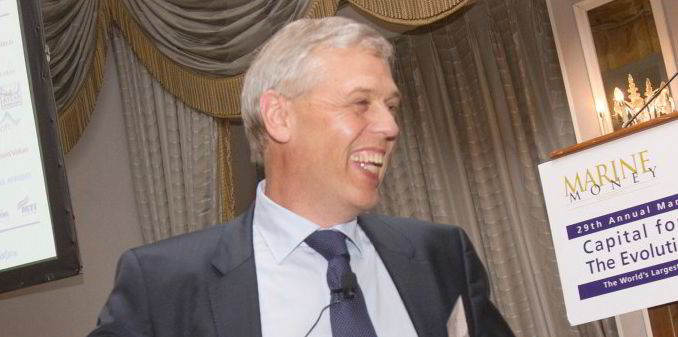
"We have been nervous that the deal would leak out," he told TradeWinds following the announcement. "These last weeks a large number of people have been involved in the process."
The new owners, with large holdings in property and infrastructure assets including shipping, have expressed an intention to put their resources behind a significant expansion of Ocean Yield, which already controls 63 vessels.
"We haven't yet defined how much bigger the fleet will be but my clear understanding is that they want to grow," he said.
No information is yet available on which shipping sectors the new owners will boost first.
Deals in the works
"It's too early for me to make any statements on their behalf," said Solbakken. "My understanding is that they have been studying shipping for some time."
Solbakken said that when KKR bought the company, it was buying not just the existing fleet but also a number of deals that are already in the works and also taking a position on how many financing clients are likely to exercise put options on ships, most of which are financed on five-year terms.
"KKR is a good partner who wants to grow the business," Solbakken said. "They have a lot of capital they can deploy and we think we can be more competitive than in the past."
Solbakken also told TradeWinds the review process that led to the deal had been going on "for a few months".
But the CEO would not comment on which company made the first approach.
Solbakken also said the looming cost of decarbonisation for shipping was not a reason why Aker decided to sell.
Asked if rising markets made it a good time for the deal, he responded: "Not really. As all vessels are on long-term bareboat charters, the strong market has had limited impact."
The boss also expects all Ocean Yield executives to remain in place.
